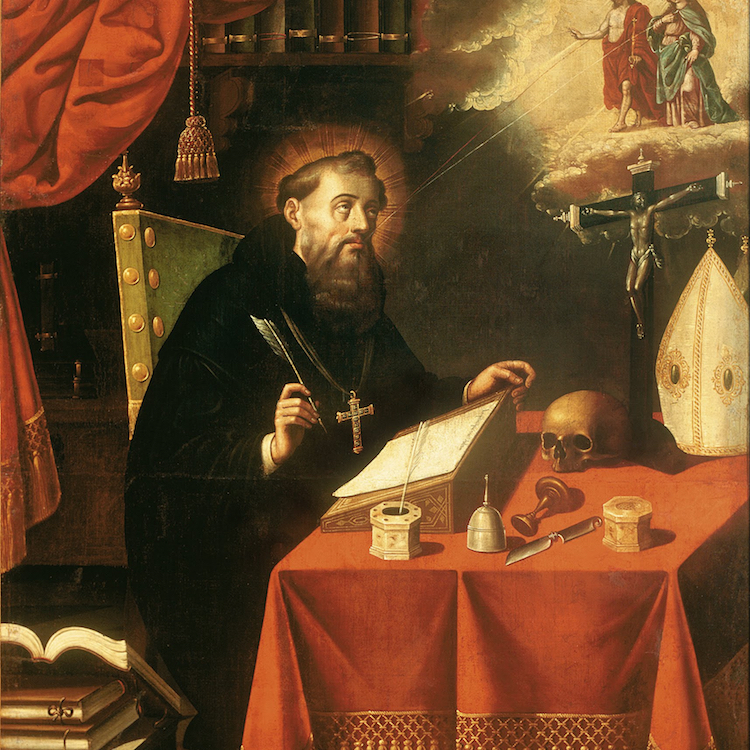Every so often a story comes along that seems to encapsulate or capture the flavor of a certain period in history. The following is just such a story…
(I feel obligated to warn the reader that reading this article shortly after a meal could cause nausea.)
Carol Anne Riddell was an anchor and reporter for WNBC television in New York. John Partilla was a president of media sales for Time Warner. The two met each other at a local school that their children attended.
They were immediately attracted to each other. Carol gushed that John “bounds into a room. He doesn’t walk in, he explodes in.” John expressed his admiration for Carol this way: “She’s such a force. She rocks back and forth on her feet as if she can’t contain her energy as she’s talking to you.”
The two became instant friends, along with their families. Oh, did I mention that Carol and John had children and spouses at the time they met? A major roadblock? No. More like a speed bump.
At first Carol had somewhat disturbed by her feelings for John. She said, “I didn’t admit to anyone how I felt. To even think about it was disruptive and disloyal.” At first John tried to deny his feelings for Carol; then he tried to ignore them. But how can one ignore feelings when they seemed so perfect for each other?
In the shower one day, Carol had an epiphany: “Why am I being punished? Why did someone throw him in my path when I can’t have him?” Those darn meddlesome vows! Why do they always take the fun out of life?
One day, with his feelings running amok, John confessed his love to Carol. Carol did the same to John. But where could they go from there?
John deftly summarized their dilemma: They could either succumb to their feelings and destroy their marriages, or bury their feelings and live dishonest lives. As he put it, “Pain or more pain.” And, by golly, in the battle between feelings and fidelity, feelings won by a knockout.
Now in case the reader is starting to have some negative thoughts about Carol, she makes it clear that this attraction was not just some tawdry affair: “The part that’s hard for people to believe is we didn’t have an affair. I didn’t want to sneak around and sleep with him on the side. I wanted to get up and read the paper with him.” Oh, I get it. It wasn’t sex; it was news.
Eventually, John moved out of his house, leaving his wife and three children behind. Sure, they were shocked and deeply hurt, but as John put it, “I did a terrible thing as honorably as I could.” I guess if you can destroy your family honorably, then it’s not so bad. Carol also broke the news to her family. Whether she did it cruelly or honorably is unknown. Either way, I assume it did not go over well.
This is not to say that they didn’t worry about the effect their romance would have on their children. When John showed some concern for the kids, Carol would reassure him: “I would say the kids are going to be great, and we’ll spend the rest of our lives making it so.” Of course. They can teach them the importance of commitment, integrity, discipline, selflessness, fidelity, and other virtues that make the good life possible. Sure they can.
Once the families were dumped, Carol had another epiphany: “I came to realize it wasn’t a punishment, it was a gift. But I had to earn it. Were we brave enough to hold hands and jump?” Somehow the word brave just doesn’t seem right here, does it?
In 2009, while they waited for the final divorces, Carol and John moved in together. One can imagine them breathing heavily as they passionately read the paper to each other.
On December 11, 2010, Carol and John were married at the city clerk’s office in New York. I’m sure it was lovely.
And what will Carol’s children think about their mother? She is confident: “My kids are going to look at me and know that I am flawed and not perfect, but also deeply in love. We’re going to have a big, noisy, rich life, with more love and more people in it.” Then she added, “This is life. This is how it goes.” Right.
(Hey, don’t blame me. I told you not to eat before reading this.)
(Information for this article was taken from Devan Sipher, of The New York Times, writing on December 19, 2010.)





